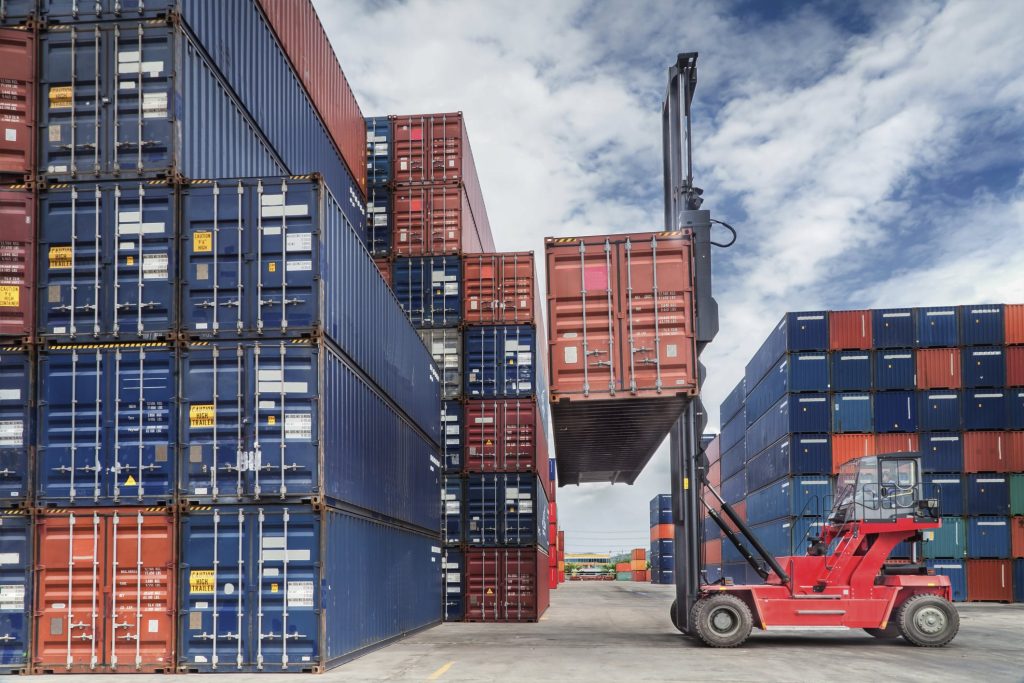In the realm of logistics, the integration of Artificial Intelligence AI has emerged as a transformative force, revolutionizing decision-making processes and bolstering operational efficiency. The multifaceted application of AI in logistics has paved the way for a more streamlined and intelligent supply chain management system. One of the key areas where AI excels is in predictive analytics, enabling organizations to anticipate demand fluctuations, optimize inventory levels, and enhance overall resource allocation. By analyzing historical data and recognizing patterns, AI algorithms can forecast demand with unprecedented accuracy, reducing the risk of stockouts or overstock situations. Moreover, AI-driven technologies such as machine learning and natural language processing empower logistics professionals with advanced data analysis capabilities. This facilitates faster and more informed decision-making, as these technologies can sift through vast datasets to extract meaningful insights. Real-time monitoring of shipments, warehouse conditions, and transportation routes becomes more precise and responsive, allowing for proactive problem-solving and the mitigation of potential disruptions.

This proactive approach not only enhances operational resilience but also contributes to customer satisfaction by minimizing delays and improving delivery reliability. Route optimization is another critical facet of logistics where AI plays a pivotal role. Delivery optimization Advanced algorithms can assess numerous variables, such as traffic conditions, weather forecasts, and historical transportation data, to determine the most efficient and cost-effective routes for shipments. This not only reduces fuel consumption and transportation costs but also minimizes the environmental impact of logistics operations. AI’s ability to adapt dynamically to changing conditions ensures that routes are continuously optimized, mitigating the challenges posed by unpredictable factors. Additionally, AI contributes to warehouse management by introducing automation and robotics. Automated guided vehicles AGVs and robotic systems powered by AI algorithms enhance the efficiency of order picking, packing, and inventory management. These technologies significantly reduce human error, accelerate order fulfillment, and improve the overall productivity of warehouses.
The synergy between AI and human workers creates a more collaborative and effective working environment, where AI handles repetitive tasks, allowing human workers to focus on more complex and strategic aspects of logistics operations. In conclusion, the integration of AI in logistics marks a paradigm shift in the industry, elevating decision-making processes and operational efficiency to unprecedented levels. The predictive analytics capabilities of AI enable organizations to anticipate demand fluctuations, optimize inventory, and enhance resource allocation. Real-time monitoring and analysis facilitate quicker and more informed decision-making, while route optimization algorithms ensure the most efficient and cost-effective transportation routes. Automation and robotics powered by AI enhance warehouse management, improving order fulfillment and overall productivity. As the logistics landscape continues to evolve, embracing AI technologies becomes not just a competitive advantage but a necessity for organizations seeking to thrive in the fast-paced and complex world of supply chain management.